When directing, what is your approach to a classic story like Dial M for Murder? What excites you about working on this modern twist provided by the Jeffery Hatcher adaption?
When directing a classic story like Dial M for Murder, my approach is always to treat the material as though it’s new, which helps me stay fresh and open to different interpretations. Even though Dial M for Murder has a rich history, with its origins as a stage play by Frederick Knott and its iconic film adaptation by Alfred Hitchcock, I always try to approach each project with a mindset of discovery. Every time I dive into a project, it’s an opportunity to uncover new layers, make connections, and find what feels most authentic for that particular moment in time. This is important because what’s familiar to audiences hopefully still holds new, relevant insights depending on the way it’s presented. Jeffrey Hatcher’s adaptation of Dial M for Murder is a great example of how to add a modern perspective while honoring the essence of the original. Hatcher keeps the core structure intact, but infuses it with a contemporary angle, which allows it to resonate with present day audiences without losing the thrilling tension or suspense that Hitchcock so famously cultivated. It’s a perfect blend of staying true to the psychological intensity of the original play and the clever twists of Hitchcock’s film, while also weaving in elements that feel more in tune with today’s world. It keeps the character dynamics sharp and layered, perhaps making the motivations feel even more urgent now than they did back in the 1950s.
What do you want audiences to know going into Dial M for Murder? How do you hope they feel when they leave the theater after the show?
Ideally, I’d want audiences to know as little as possible! The goal, of course, is to immerse them in a world of suspense, engaging them in a way that they forget everything else around them, even the knowledge they might have about the story. It’s all about drawing them into the tension, the danger, and the intricate web of deception. One of the clever things about this adaptation is it’s different enough from the original that I think it will keep audiences on their toes. Dial M for Murder reminds us that people are complex and capable of things we might never expect. When they leave the theater, I’d love audiences to feel both entertained by the twists and turns of the plot but also, hopefully, just a bit unsettled. A lingering sense that we might never fully understand those closest to us—that’s a powerful feeling to walk away with.
When working on a play that has been adapted into an iconic Hitchcock film, do you pay homage to that version that audiences may connect with, or do you want to create a brand-new experience? What is your relationship to Hitchcock and this film?
I love the film and I’m a huge Hitchcock fan, so this project has been such an exciting challenge for me. When working on a play that’s been adapted into an iconic Hitchcock film, there’s definitely a balance between honoring the original and creating something vital. We’ve included some Easter eggs for Hitchcock fans who might appreciate the nods to his style, but we also hope the audience is open to some new storytelling approaches. The difference between watching something on screen and experiencing it live on stage is huge—it’s far more intense, immediate, and hopefully more dynamic. Hitchcock had such great style and confidence in his work, and I really admire how he could take suspense and tension to such incredible heights with such subtlety. I’d love to capture that essence in this adaptation, but with the added layer of the live theater experience, which offers a different kind of intimacy and connection with the audience. There’s something about the energy in a theater that can amplify those emotions in ways a film can’t. So, while there’s certainly a love and respect for Hitchcock’s original, the live format gives us the freedom to experiment and push boundaries a little bit more.
Dial M for Murder is known for the mystery and intensity that comes from its scandalous plot. As director, how do you build suspense in a performance?
This thriller isn’t focused on the classic “whodunnit” question, but rather on whether the characters will get away with their schemes. Throughout most of the play, the audience knows more than the characters, which heightens the tension. Since the story revolves around deception, secrets, and unexpected twists, it’s crucial to reveal things to the audience that the characters remain unaware of. This creates a delicious sense of anticipation, making each scene feel electrically charged.
You have worked on a variety of plays in your career, what genre or style do you gravitate towards most?
I feel incredibly lucky to have had the chance to work on just about every type of theatre—comedy, drama, musicals, revivals, new works, and many solo pieces. Each genre brings something different to the table, and that diversity keeps the work both challenging and surprising. Honestly, I don’t think I gravitate toward one specific genre over another. The variety itself is what keeps me engaged and constantly learning. I’m not usually interested in repeating titles or revisiting the same material over and over again. It’s more about the unique challenges each new piece presents. Whether it’s the subtlety of a drama or the mechanics of a comedy, there’s always something new to discover, and that’s humbling. Every time I step into a new project, I feel like I’m a beginner again, and that’s what keeps me coming back.

